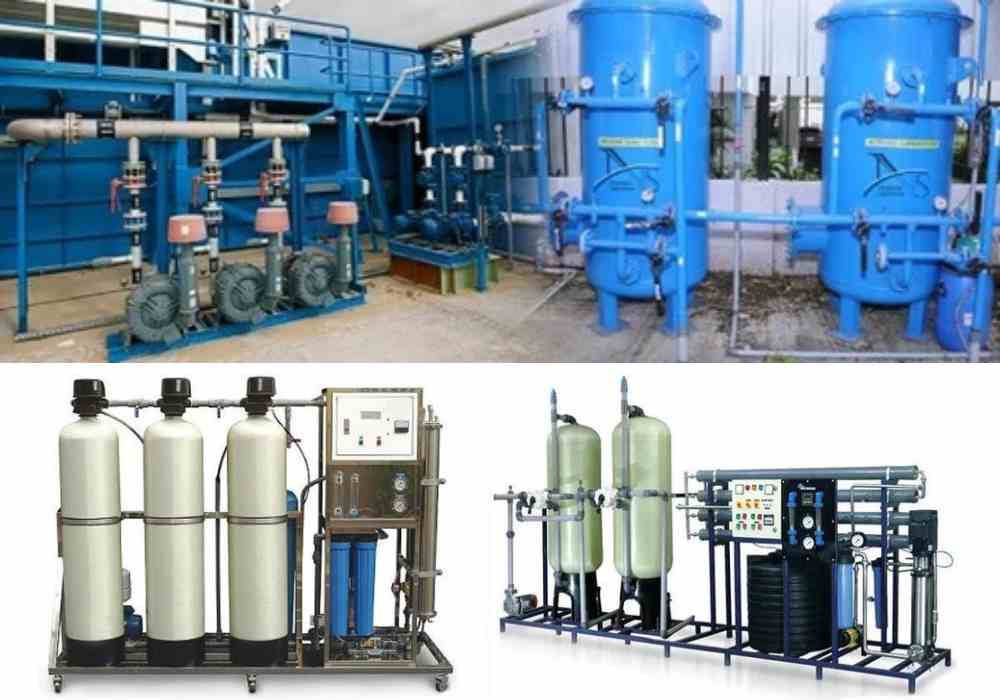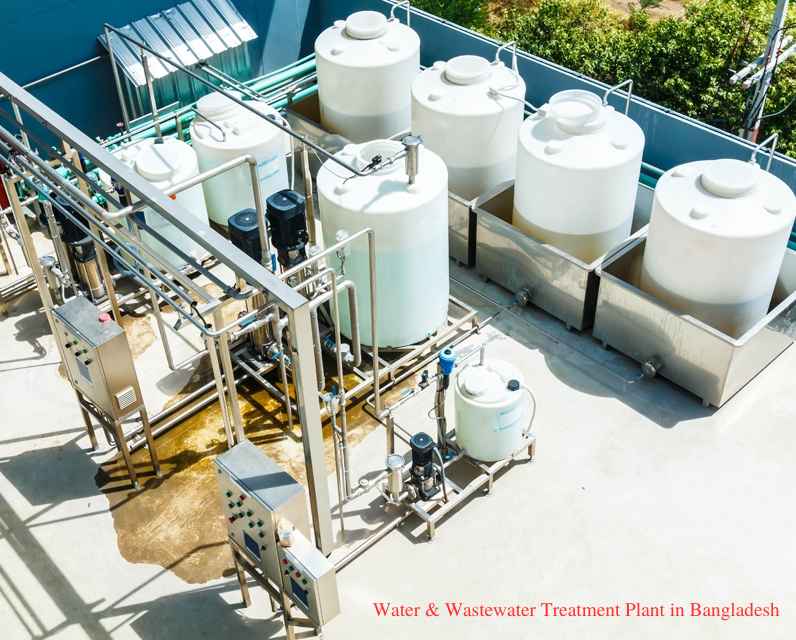Exploring Water Treatment Plants in Bangladesh
Water is the elixir of life, yet millions in Bangladesh still lack access to safe, clean drinking water. In a country where waterborne diseases remain a significant public health challenge, the importance of efficient water treatment plants cannot be overstated. From bustling cities to remote rural areas, the quest for clean water has become a top priority, driving innovation and infrastructure development across the nation.
Trust Water Company, a leading Water Treatment Plant Manufacturer and Supplier in Bangladesh, is at the forefront of this mission, providing cutting-edge solutions to address the country’s water woes. Their state-of-the-art facilities are revolutionizing drinking water purification, wastewater treatment, and water quality management, setting new benchmarks in environmental sustainability.

The Dire Need for Clean Water
Bangladesh, a land of lush green landscapes and mighty rivers, faces a paradoxical challenge when it comes to water accessibility. Despite being a water-rich nation, the presence of contaminants such as arsenic, iron, and bacterial pathogens in both surface and groundwater sources poses severe health risks to the population.
Waterborne diseases like cholera, diarrhea, and dysentery continue to plague communities, highlighting the urgent need for comprehensive water purification methods. Providing clean water is not just a matter of convenience but a matter of life and death, especially for children and the elderly.
Tackling the Challenges Head-On
Recognizing the gravity of the situation, Trust Water Company has taken a multi-pronged approach to address the challenges of water treatment in Bangladesh. Their cutting-edge technologies, combined with a deep understanding of local conditions, have paved the way for innovative solutions tailored to the country’s unique needs.
One of their flagship offerings is the iron removal plant, designed to combat the high iron content in groundwater sources prevalent in many regions of Bangladesh. Utilizing advanced filtration techniques, these plants effectively remove iron, improving water quality and ensuring safe consumption.
In densely populated urban areas like Dhaka, the company’s reverse osmosis systems have proven to be game-changers. These sophisticated systems not only remove dissolved salts and impurities but also eliminate disease-causing microorganisms, providing households and communities with pristine drinking water.
Additionally, Trust Water Company has pioneered surface water treatment plants and groundwater treatment plants that employ cutting-edge technologies like membrane filtration, ultraviolet disinfection, and advanced oxidation processes. These plants are strategically located near major water sources, ensuring a reliable supply of clean water to nearby communities.

Addressing Industrial Wastewater Challenges
Bangladesh’s rapid industrialization has given rise to another pressing issue: the treatment of industrial wastewater. Trust Water Company’s state-of-the-art effluent treatment plants (ETPs) are tackling this challenge head-on, helping industries comply with stringent environmental regulations while minimizing their ecological footprint.
Their innovative ETP solutions encompass a wide range of advanced technologies, including biological treatment, membrane filtration, chemical precipitation, and even zero liquid discharge (ZLD) systems. These cutting-edge solutions not only remove harmful pollutants from industrial effluents but also facilitate water reuse, promoting sustainable water management practices.
One notable success story is Trust Water Company’s collaboration with the textile industry, a significant contributor to Bangladesh’s economy but also a major source of water pollution. By implementing tailored textile industry ETP systems, the company has helped numerous factories reduce their environmental impact while ensuring compliance with government regulations.
Empowering Rural Communities
While urban centers have received substantial attention, Trust Water Company recognizes the critical need for water treatment plants in rural Bangladesh. Many remote villages still rely on contaminated surface water sources or groundwater with high arsenic levels, putting their health and well-being at risk.
To address this issue, the company has developed innovative sustainable water treatment solutions tailored to rural communities. These decentralized systems leverage locally available materials and employ simple yet effective technologies, ensuring affordability and ease of maintenance.
By empowering rural communities with access to clean water, Trust Water Company is not only improving public health but also fostering economic development. Clean water is a catalyst for progress, enabling agricultural activities, small-scale industries, and overall community growth.
Partnering for a Sustainable Future
Trust Water Company’s efforts have not gone unnoticed by the government and international organizations. The company has actively engaged in public-private partnerships and collaborated with various government initiatives for water treatment in Bangladesh. These collaborations have not only accelerated the implementation of water treatment solutions but have also played a crucial role in raising awareness about the importance of clean water access.
Looking ahead, Trust Water Company remains committed to pushing the boundaries of water treatment technology. Their research and development teams are constantly exploring new and innovative methods to enhance water quality, reduce treatment costs, and minimize environmental impact.
As Bangladesh continues its journey towards sustainable development, the role of water treatment plants will become increasingly pivotal. By providing clean water to communities across the nation, Trust Water Company is not only safeguarding public health but also laying the foundation for a prosperous and water-secure future for generations to come.
